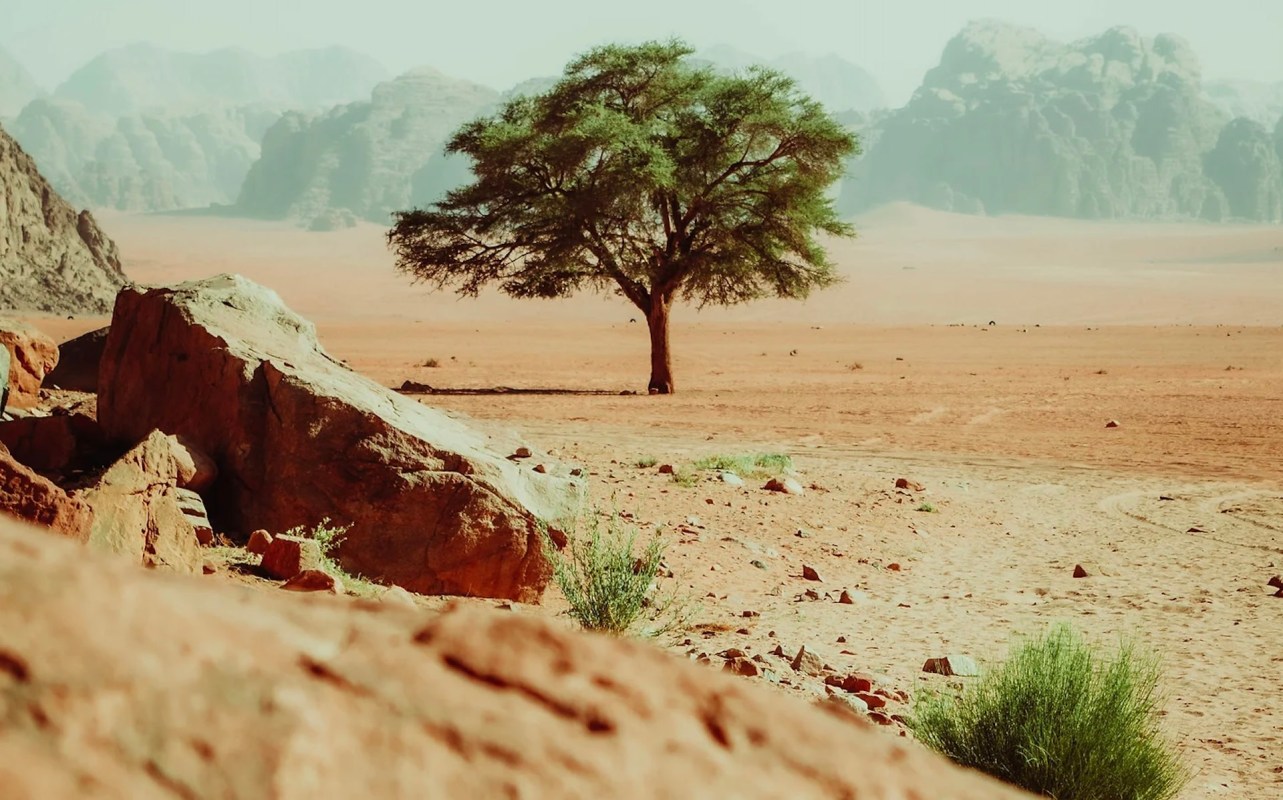While some might not view the desert as an abundant resource, one company is leveraging its knowledge of the arid land to transform it into an area for growth.
Moroccan startup Sand to Green told CNN in October that its technology can turn a patch of dry soil into a profitable plantation in only five years.
"Desertification is the future of a lot of countries today," Sand to Green co-founder and chief agricultural officer Wissal Ben Moussa told CNN. "Our solution is using agroforestry to create a new kind of agriculture that is sustainable and that can be resilient in front of climate change."
A third of our planet is already affected by desertification, with 135 million people potentially needing to leave their homes in the future because of it, according to the United Nations.
Sand to Green hopes its forward-looking tech will help sustainably produce crops for the estimated nine billion people worldwide by 2050, addressing potential issues of food insecurity and the social and political instability that can come with it.
In order for the startup's system to work, it needs brackish water, which isn't safe for drinking but is less salty than seawater. It then removes the salt using solar power, a type of clean energy that doesn't produce harmful pollution that can accelerate the process of desertification.
Following the desalination process, Sand to Green utilizes drip irrigation, which decreases water usage by more effectively delivering nourishment to the roots.
A "green manure" mixture helps to revive desert soil, per CNN, while planting a diverse group of fruit trees and herbs maximizes the system's effectiveness.
"With this system we create biodiversity, which means better soil, healthier crops, and a bigger yield," Ben Moussa told CNN. "Our plantation can generate 1.5 times more yield and thus more revenue than a monoculture plantation in the same area."
The startup has already brought in $1 million in seed funding, and it plans to invest in a 500-hectare site after a successful run with its five-hectare trial.
TCD Picks » Quince Spotlight

"We can go anywhere in the world as long as we have access to brackish water," Ben Moussa told CNN, noting parts of the United States would be candidates for its approach, along with Mexico, Egypt, Senegal, Namibia, Mauritania, and the Arabian Peninsula.
Join our free newsletter for weekly updates on the coolest innovations improving our lives and saving our planet.













